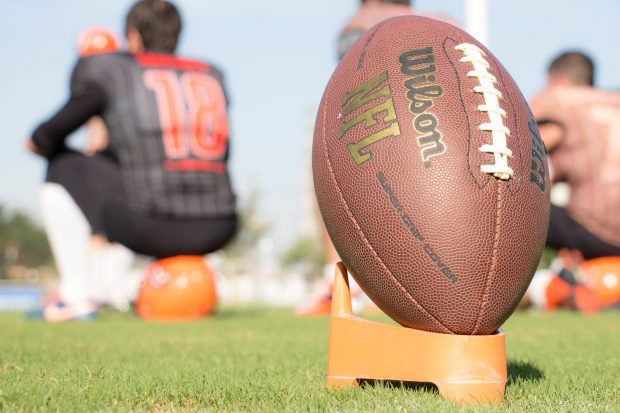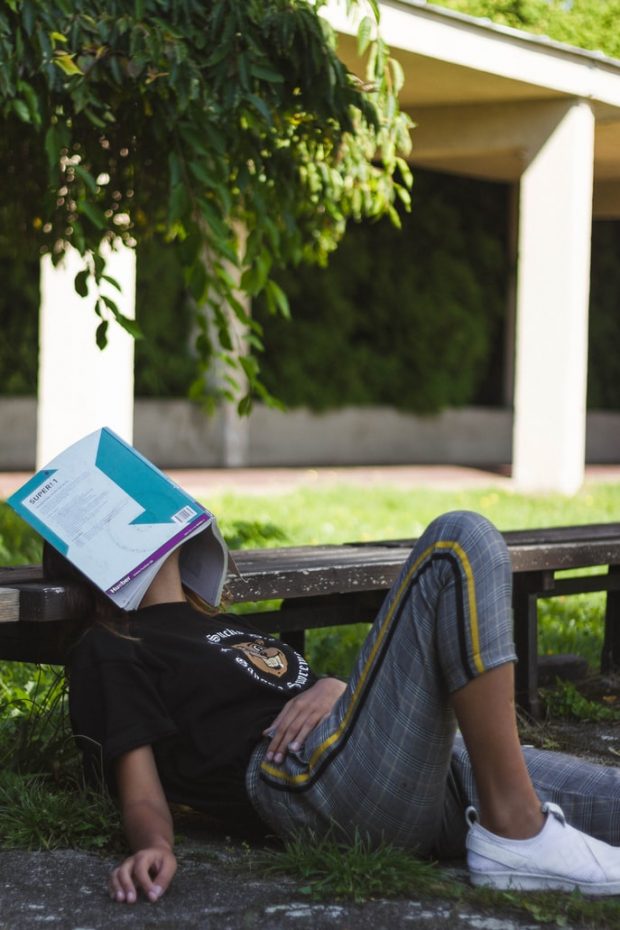Professional Sports And Studies: Is It Possible To Combine?
Many of the young athletes will earn awards, become champions, and see other countries in the future. But herein lies the problem that coaches and educators have been wrestling with for decades – how to combine school subjects and training? Getnursingessay, a company that helps students who have a problem with a lack of time for classes, has prepared material on this issue.
Sport has one peculiarity – unpredictability of results. In addition, a young athlete’s career can end at any time (due to injury, sudden refusal to train, moving, and a host of other reasons). What to do if your education is neglected, you get no more than a “C” in the core subjects, and your head has zero knowledge… This brings us to the main question – what mode of training for a young athlete.

Amateur sports and education
If a child is engaged in amateur sports, then there should be no problems with combining school and classes in the section. Coaches are well aware of the schedule of school subjects and adjust the start of training so that the child does everything in time. After school, you need to change clothes, have lunch, rest a little, and then go to training.
If somewhere and get some overlap, it is easy to agree on how to retake the missed subject at school or catch up with training. As a rule, teachers at school are well aware of what sports mean to children and meet the needs of parents and coaches. Conflicts, of course, occur when a young athlete often misses classes or stops doing his homework. In this case, it is necessary to tactfully explain to the student that sports life should not interfere with education.
Here it is very important not to go to extremes. If a child missed some new topics at school (it is especially important for middle and high school students), he may well get C’s. Parents, of course, do not like it. And some forbid to do sports so that it does not interfere with his studies. This is fundamentally wrong, compromises are necessary. In addition, you can seek help from online companies to get help with college assignments in difficult situations. You can get qualified help in the form of the best essays writing services, homework help, etc.
A good education is just as important as physical development and healthy lifestyle skills. Social life at school helps you adapt to adulthood, work, and society. And the love and habit of exercise will keep you healthy into old age.
Professional Sports and Schooling
Professional sport, a sport of great achievements, is fundamentally different from the amateur sport. Sportsmen train much harder than amateurs, even if they are 4 or 15 years old. They train on a strict schedule, sometimes 1 or 2 times a day, without holidays and days off. This is especially true for periods before important competitions.
Constant travel, training camps, and sports camps force the parents of young athletes to make a difficult choice between school and training. Exhausted mothers and fathers, tired of rushing to and from school to practice and back, usually say at one point, “That’s it!” And then the choice is this: either sports or school and education.
Without sports
Let’s say parents decide that sports take too much time away from education, weary of injuries and perpetual absences of the child from home. The choice is made in favor of the school, and a bold cross is put on the professional career of an athlete. What are the pros and cons of this approach?
Pros
- Intellectual development will allow in the future to exist in society, having normal self-esteem. Higher education opens the way to many areas of life, where the guys without a “higher” way is closed. People who did not manage to enter or finish higher education often have an inferiority complex about it, especially if the husband or wife has a higher education and a good position.
- Socialization is the most important thing that cannot be ignored. After all, in professional sports communication takes place, as strange as it may sound, in the locker room. At training it is impossible, between trainings you have to have a rest and a meal. School communication and friendship often grow into long-term relationships, sometimes for life. After school, kids go to different events, celebrate birthdays and other holidays together, play and go out.
Cons
- The main one is that the child’s health suffers. A sedentary lifestyle was imposed already in childhood. Next, the child does not get such important emotions as the joy of victory, the happiness of overcoming his weakness.
- Sport teaches you to set goals, achieve them, plan your day. If a person did not acquire these skills in childhood, then in adulthood it will be difficult to instill a sense of responsibility, to complete things, and not to abandon them halfway. In sports, they teach how to get things done through “I don’t want to” and “I can’t.” Athletes don’t know such things as putting things off all the time because getting things done right now is the foundation of success.
Become a Champion
There is also the other extreme. Parents decide that their child must necessarily become a champion (no matter, figure skating, tennis, or snowboarding). And then the child is forced to devote almost his entire life to this “idea” of his parents.
Professional sports – a very hard thing, regardless of its variety. It’s good if the child himself wholeheartedly loves this type of activity. Does such a drastic decision have any advantages? Of course, there are.
- Sports life is, without any extra pathos, a school of survival. A child learns to get up early, on a strict schedule, to endure fatigue and even severe pain. In terms of personal development, sports give the basis of self-esteem and good self-esteem for life, and self-confidence helps to survive difficult periods (such as adolescence).
- The coach and parents should explain to the kid that even after the end of an active sports career it is possible to find an occupation related to the favorite sport. Many near-sports professions are respected and well-paid. For example, it could be a sports psychologist, a manager, or a lawyer. But, mind you, here again, there is a need for additional education.
The disadvantages of such a bias in favor of professional sports to the detriment of the comprehensive school are quite significant.
- It limits a child’s horizons, all his interests revolve around sports, training camps, competitions, drills. Sports become everything for children. He replaces many types of communication, which provides a regular school.
- Parents must understand that not all children will become champions. The second, “also an honorable” place, can easily undermine a person’s faith in himself, it will be felt that all the work was in vain.
- Even if a career ends “in time”, due to age, professional athletes sometimes face a “crisis”. And then the depression begins, from which many seek a way out in addictions, including alcohol.
It is for these reasons, parents need to think carefully and weigh up whether to give the kid in a professional section or is to choose a harmonious development, where sport and education are combined in equal proportions.
Advice for parents
What specialists can advise parents to help the development of their children harmoniously, without a “bias” in one direction or another?
- If you brought a kid to a sports school and he fell in love with the sport, then it will be difficult to explain to him the need to “expand the horizons” and do more and study. That’s why at the very beginning you need to have a conversation with the coach about how sports and studies will be combined. For experienced coaches, these issues are not new, and they know very well how to organize both processes.
- At the same time, you should meet and talk with the class teacher so that you can set up an individual schedule or additional classes after absences.
It also happens that the young athlete becomes cold to sports; here it is necessary to watch closely and to involve a coach and a psychologist into the conversation. - A clear daily routine is a must, if you want your child to manage everything. Write it down and hang it in a prominent place. This increases the responsibility of the little athlete for his activities and, ultimately, for the organization of his life.
It is the help and support of parents that have played a major role in the development of many athletes. And parents, along with coaches and teachers, can make a child’s life interesting and balanced from a young age.

